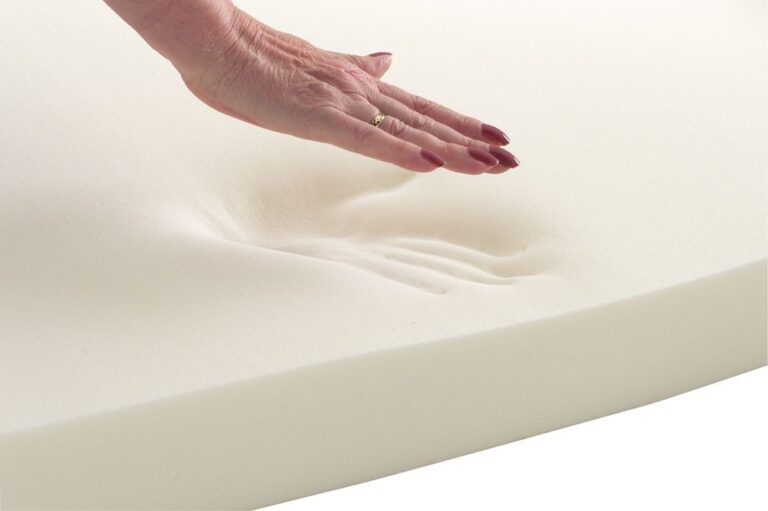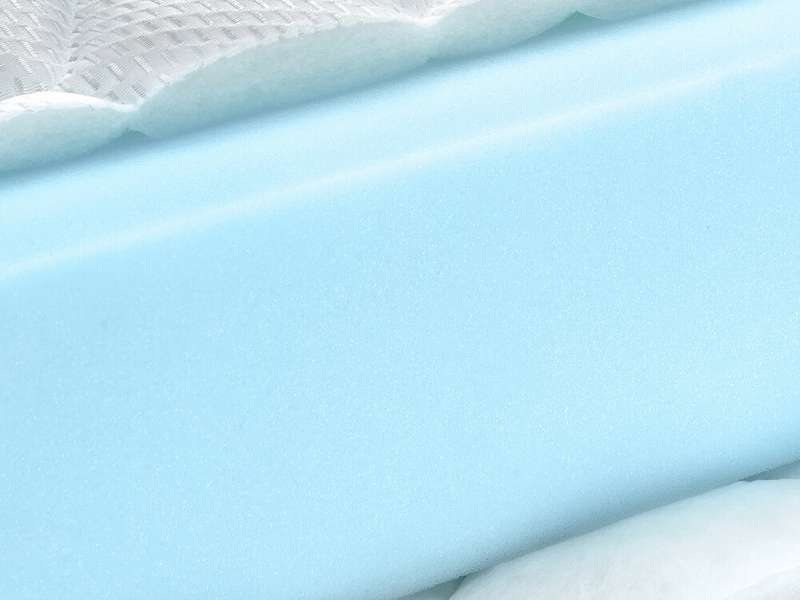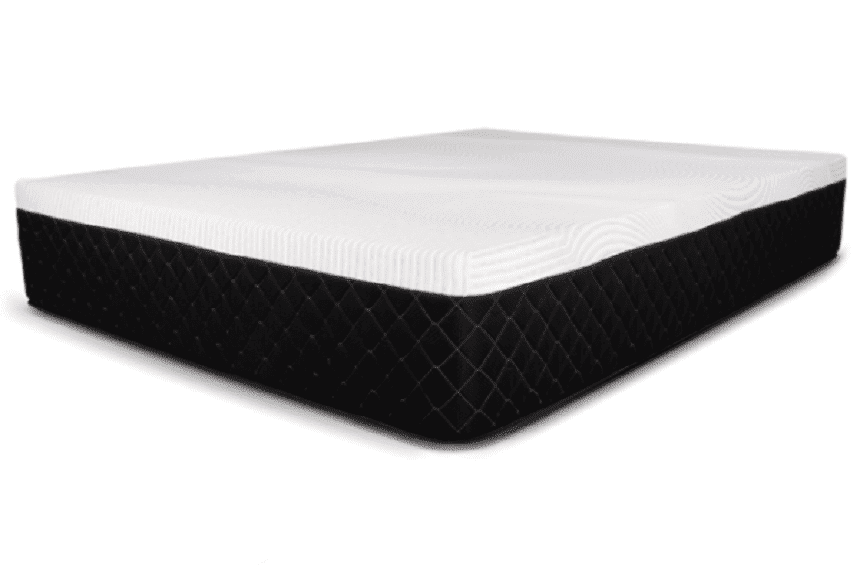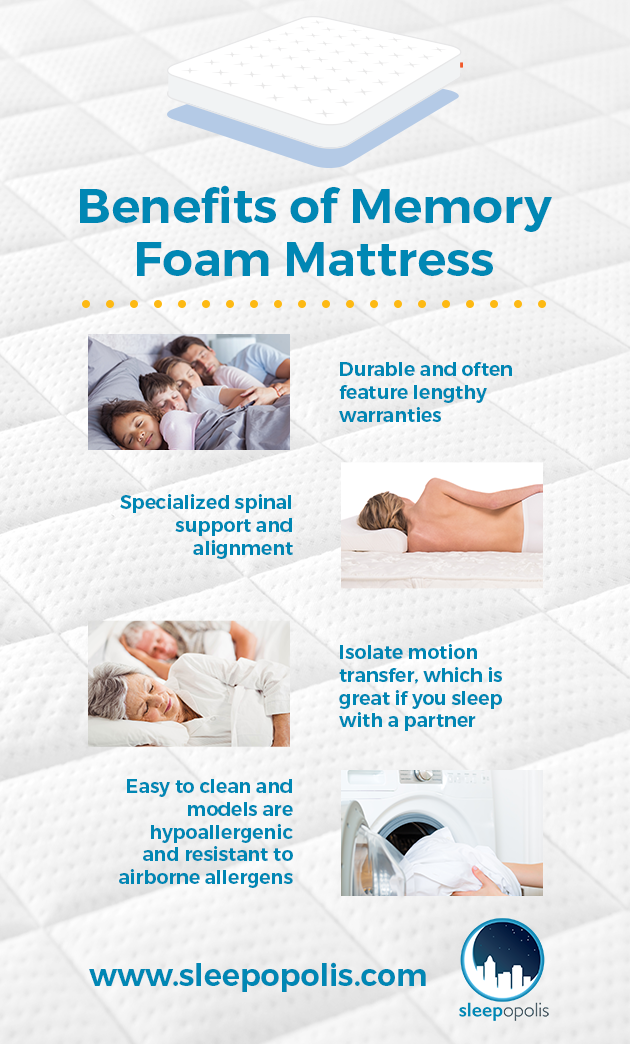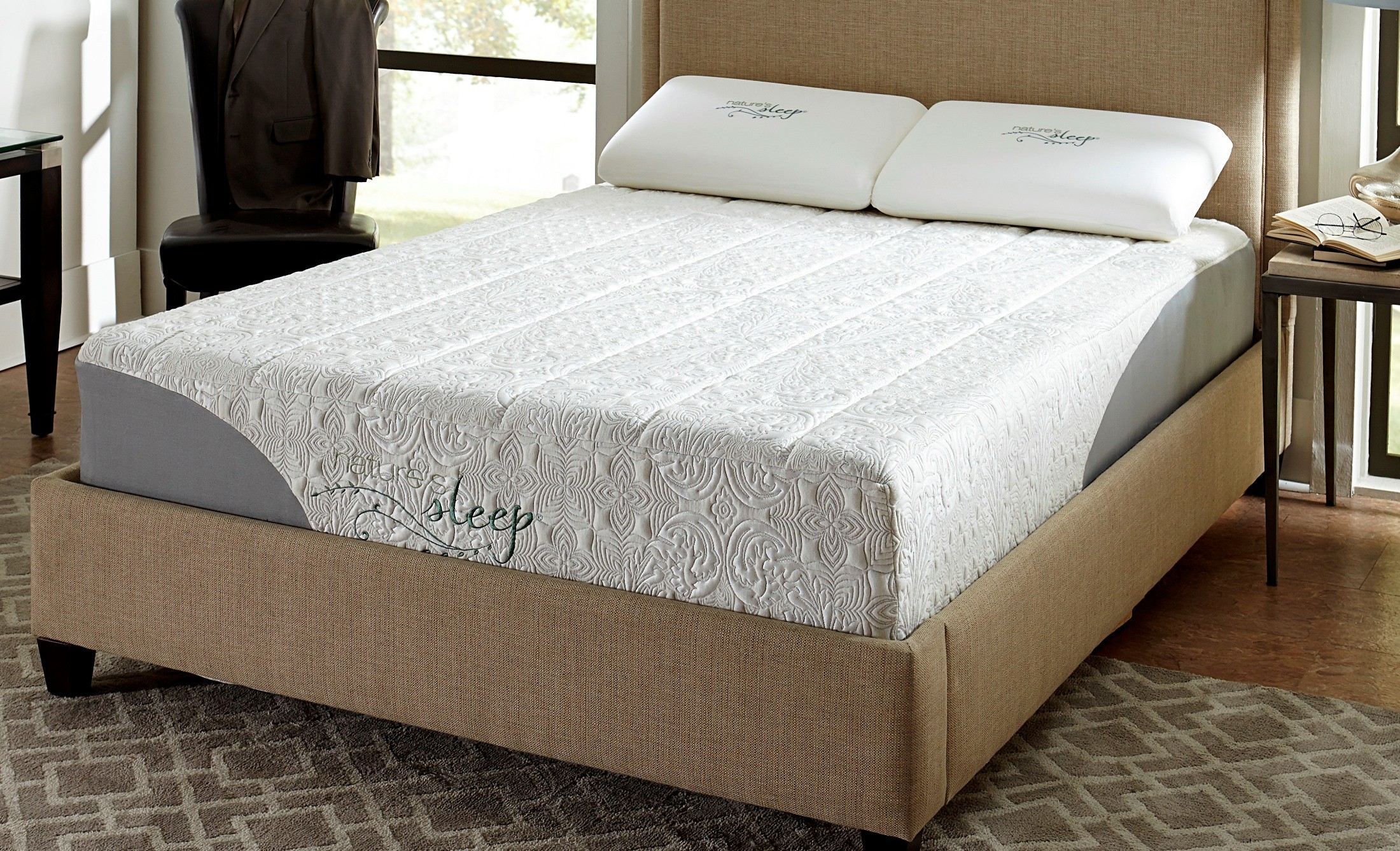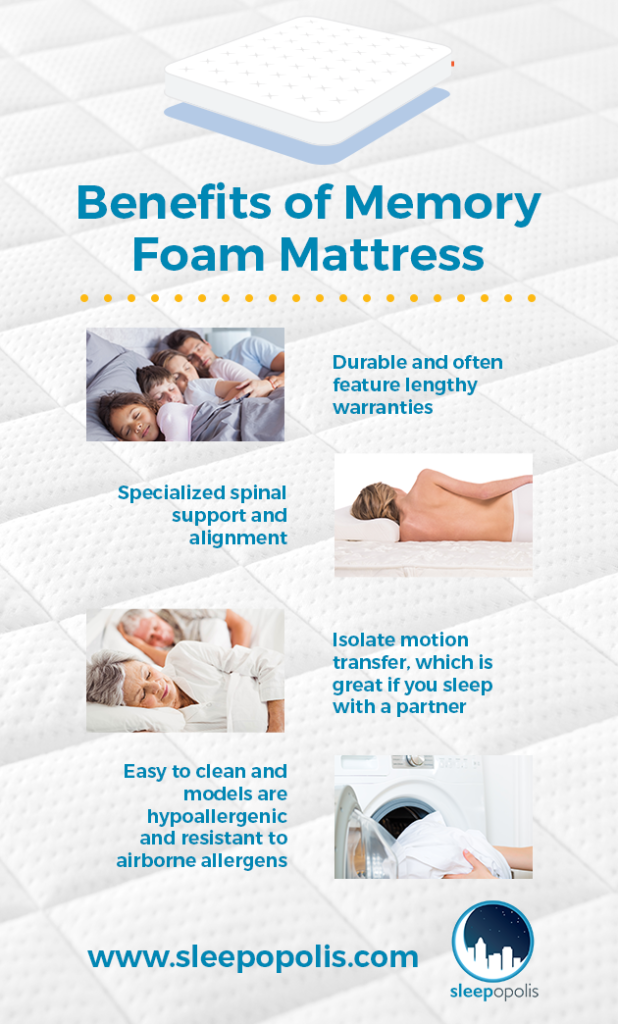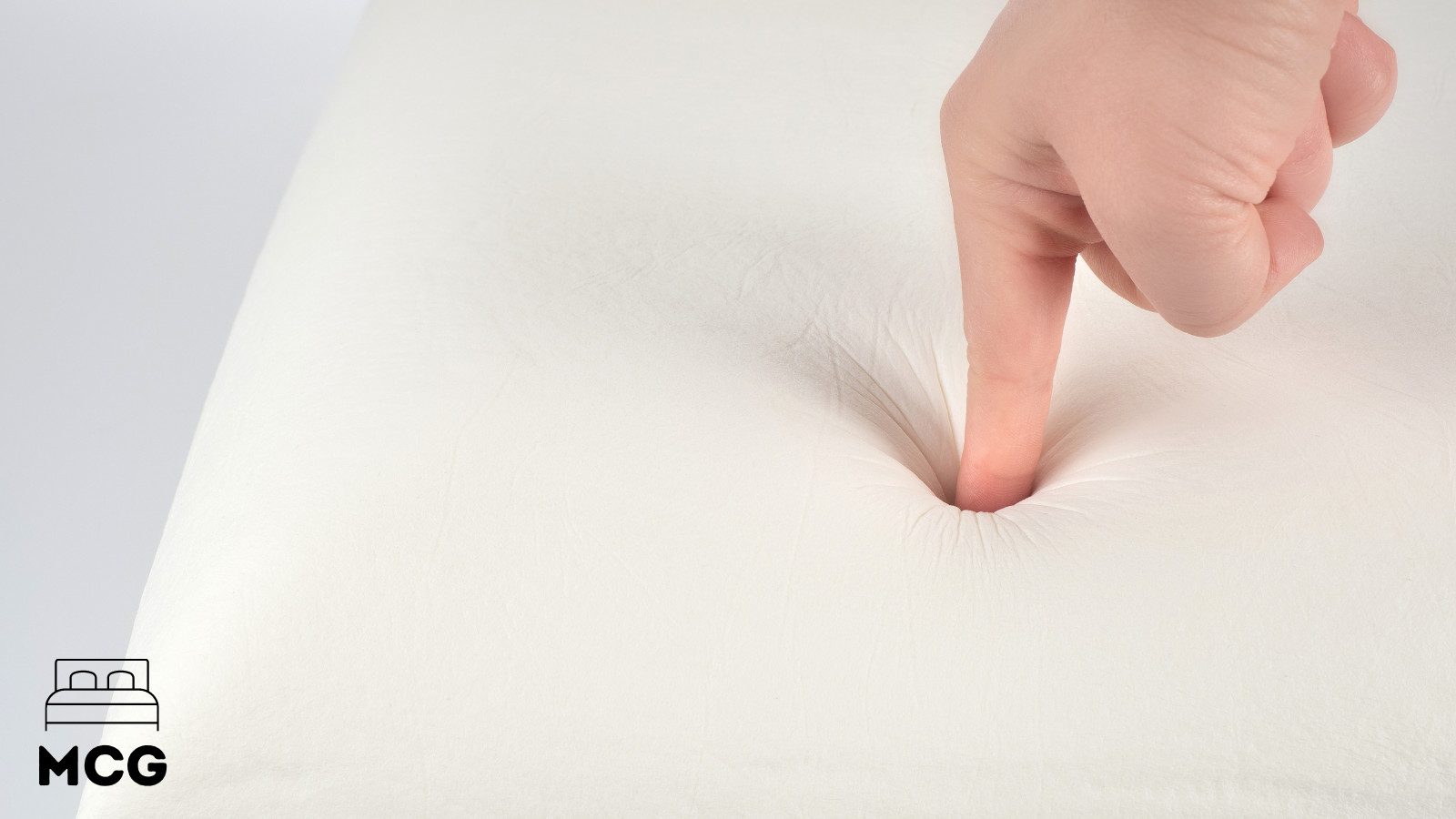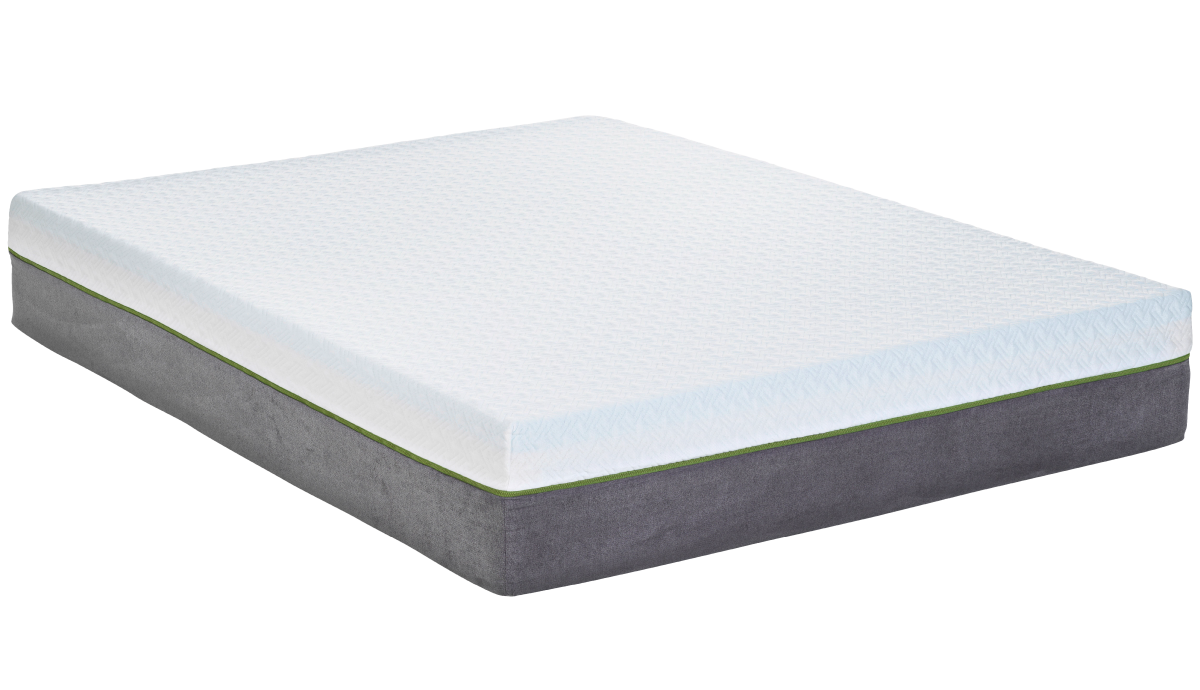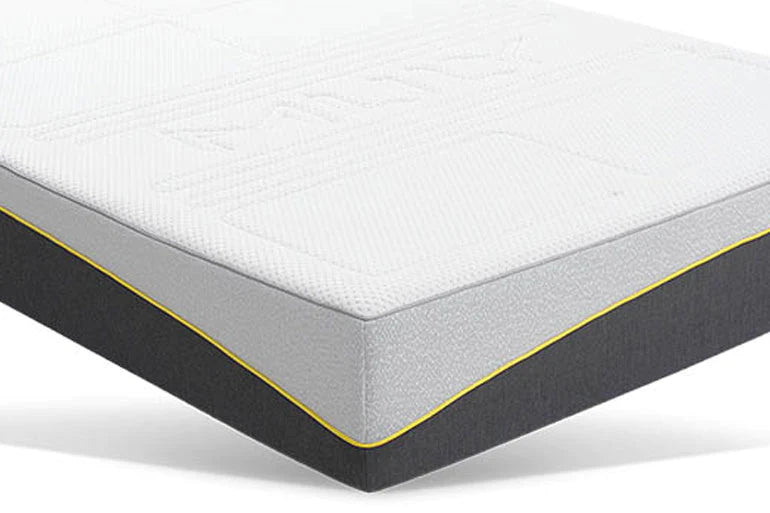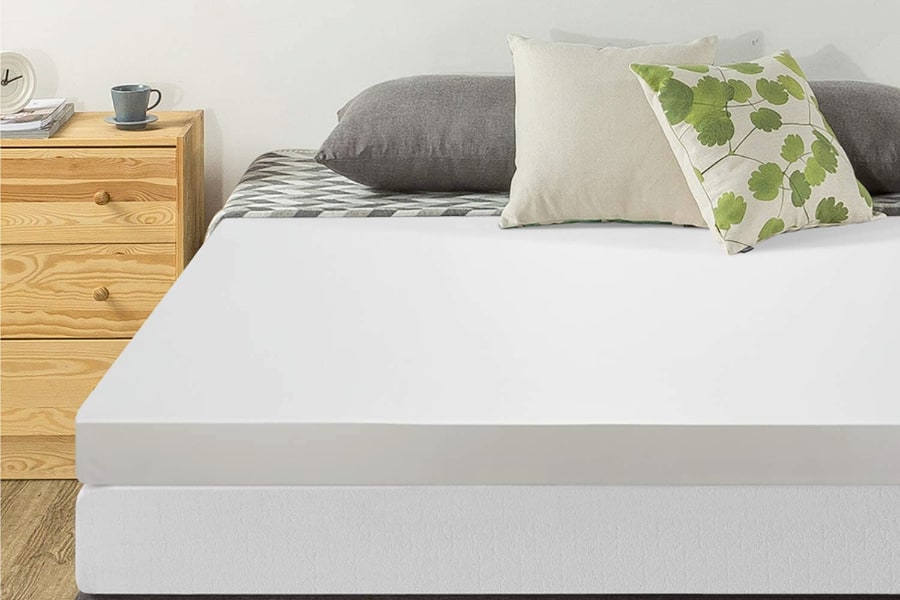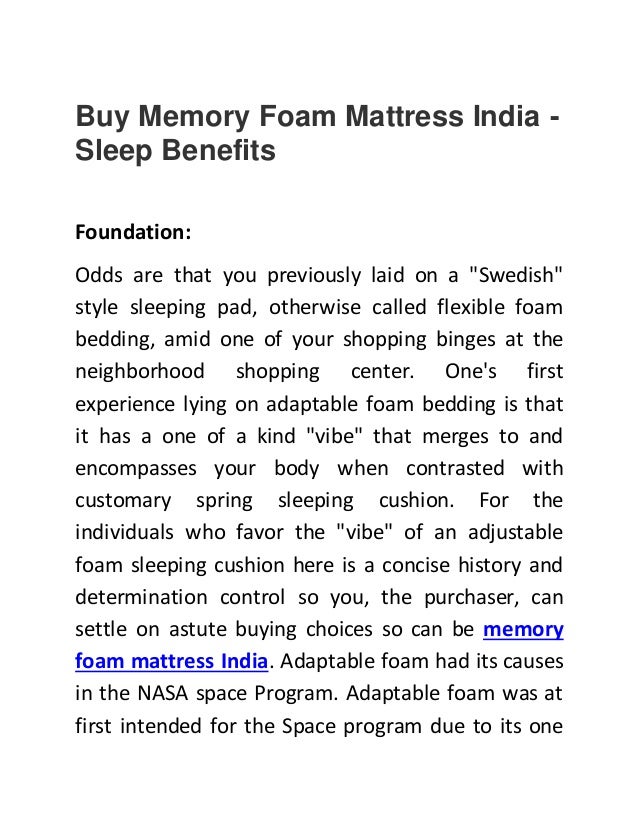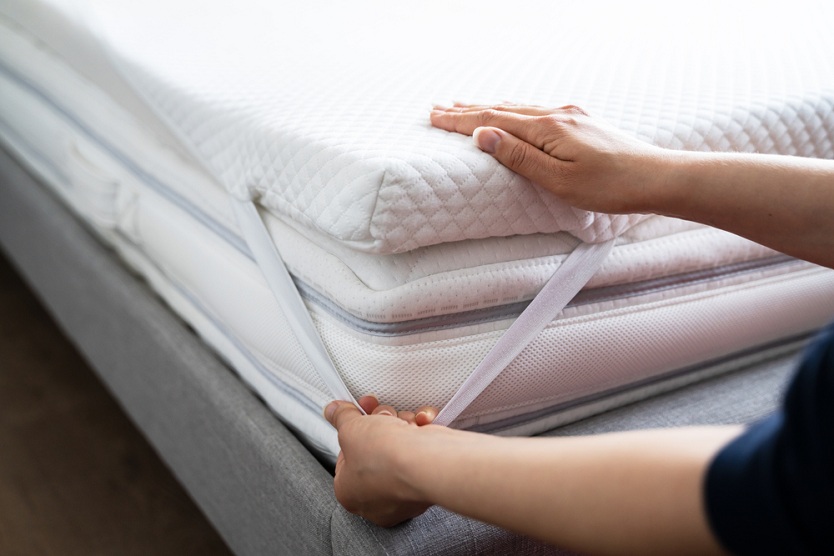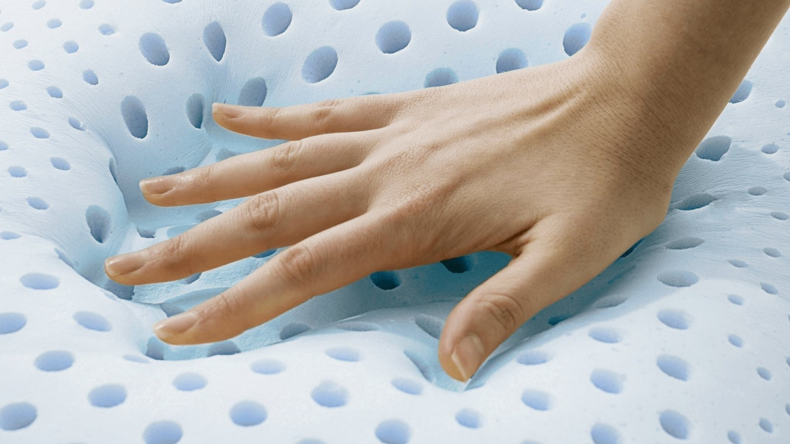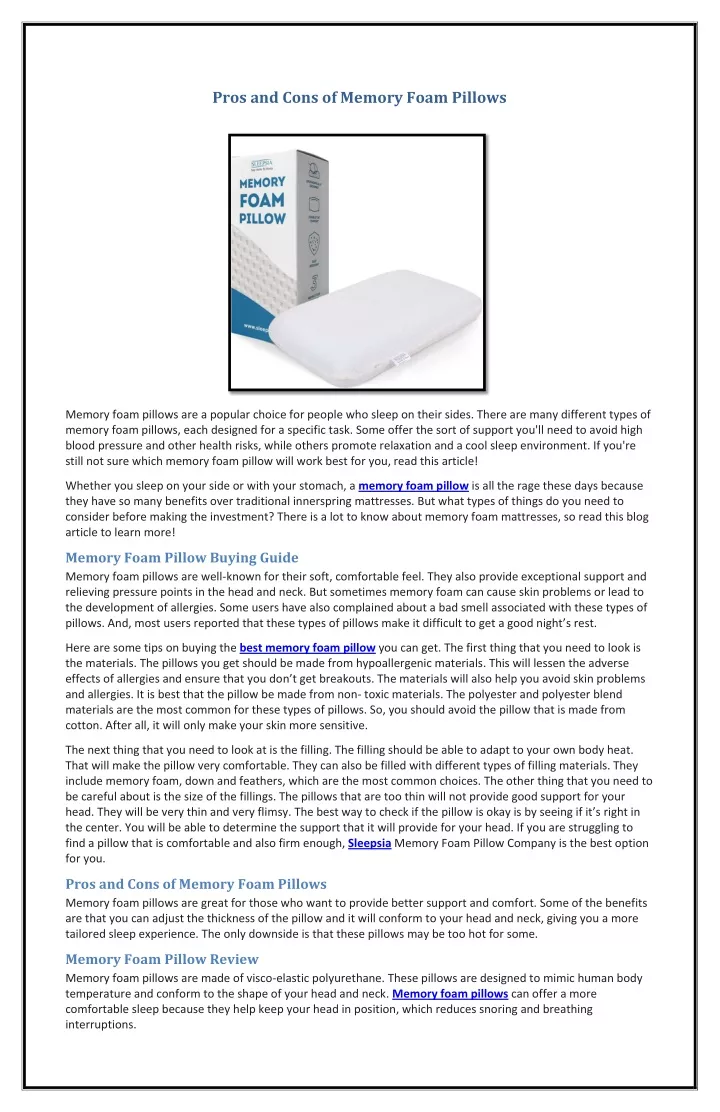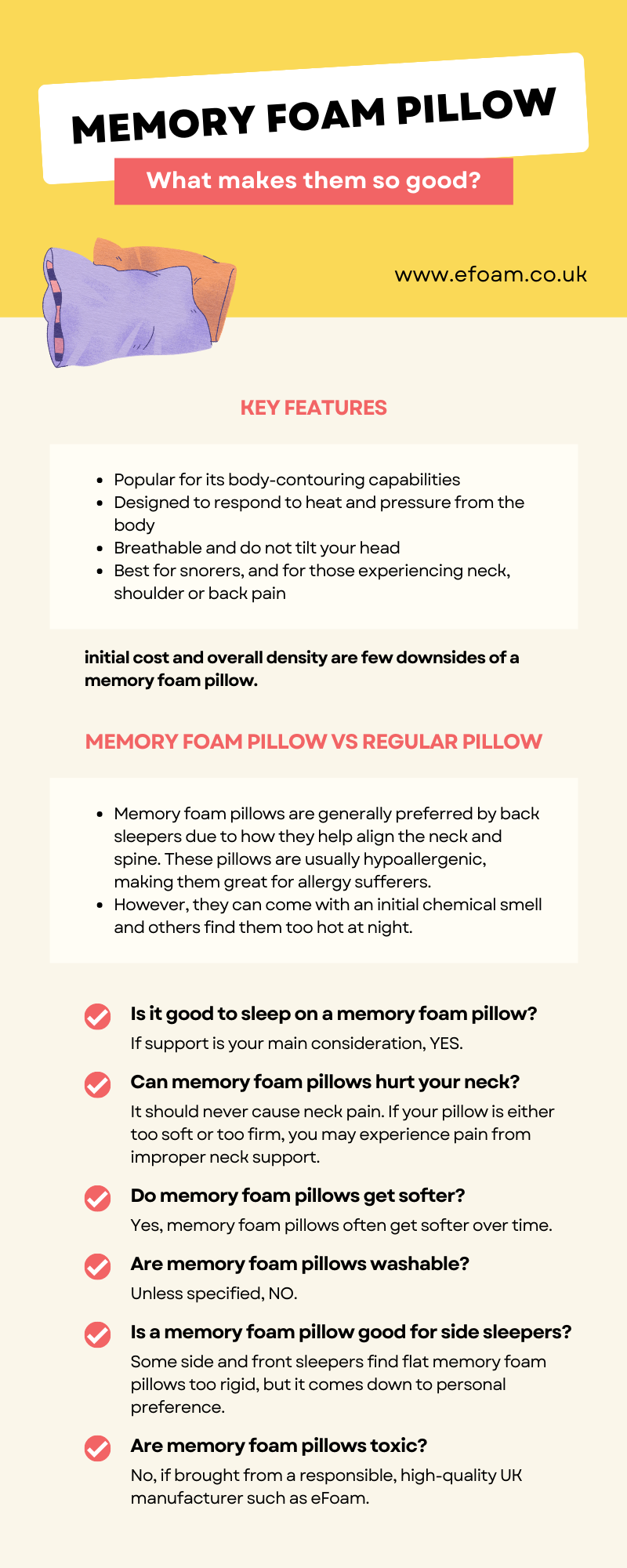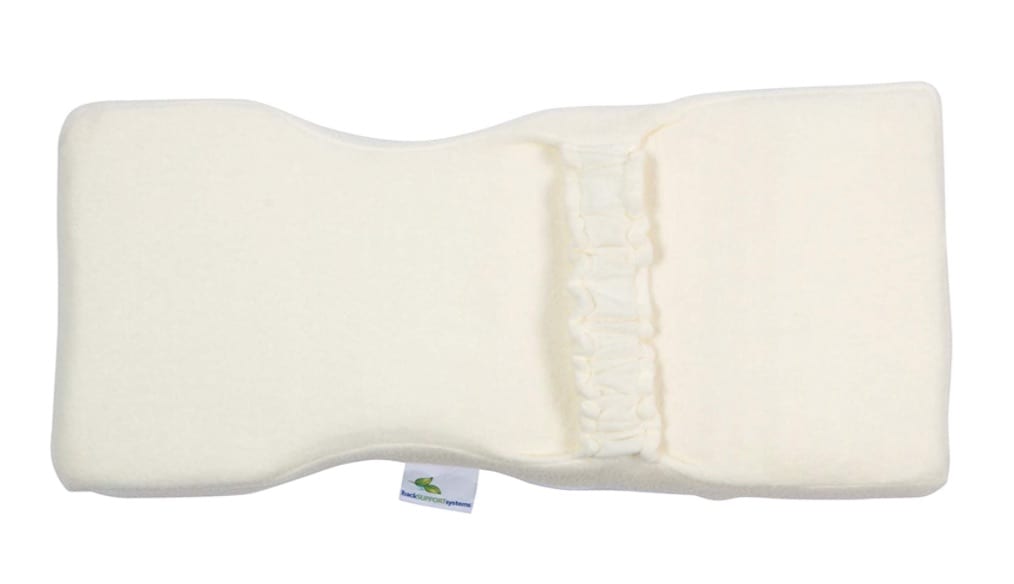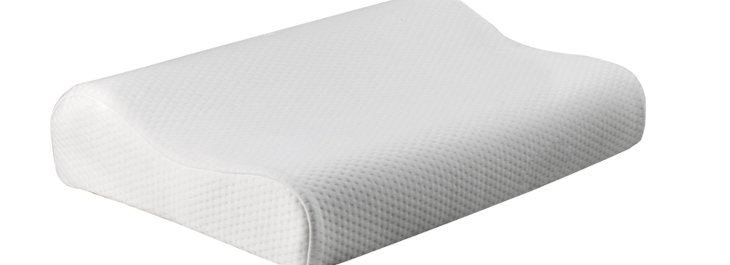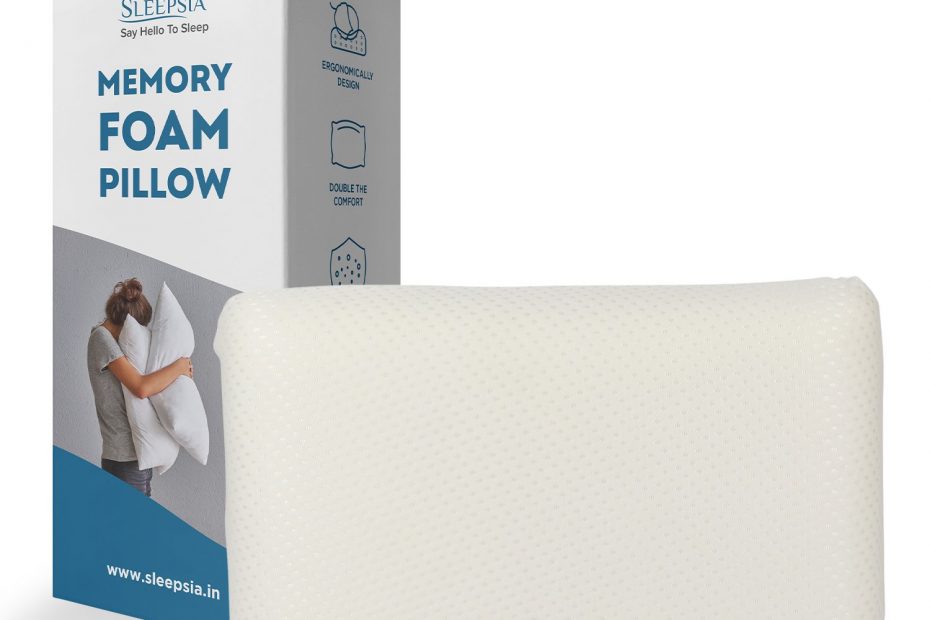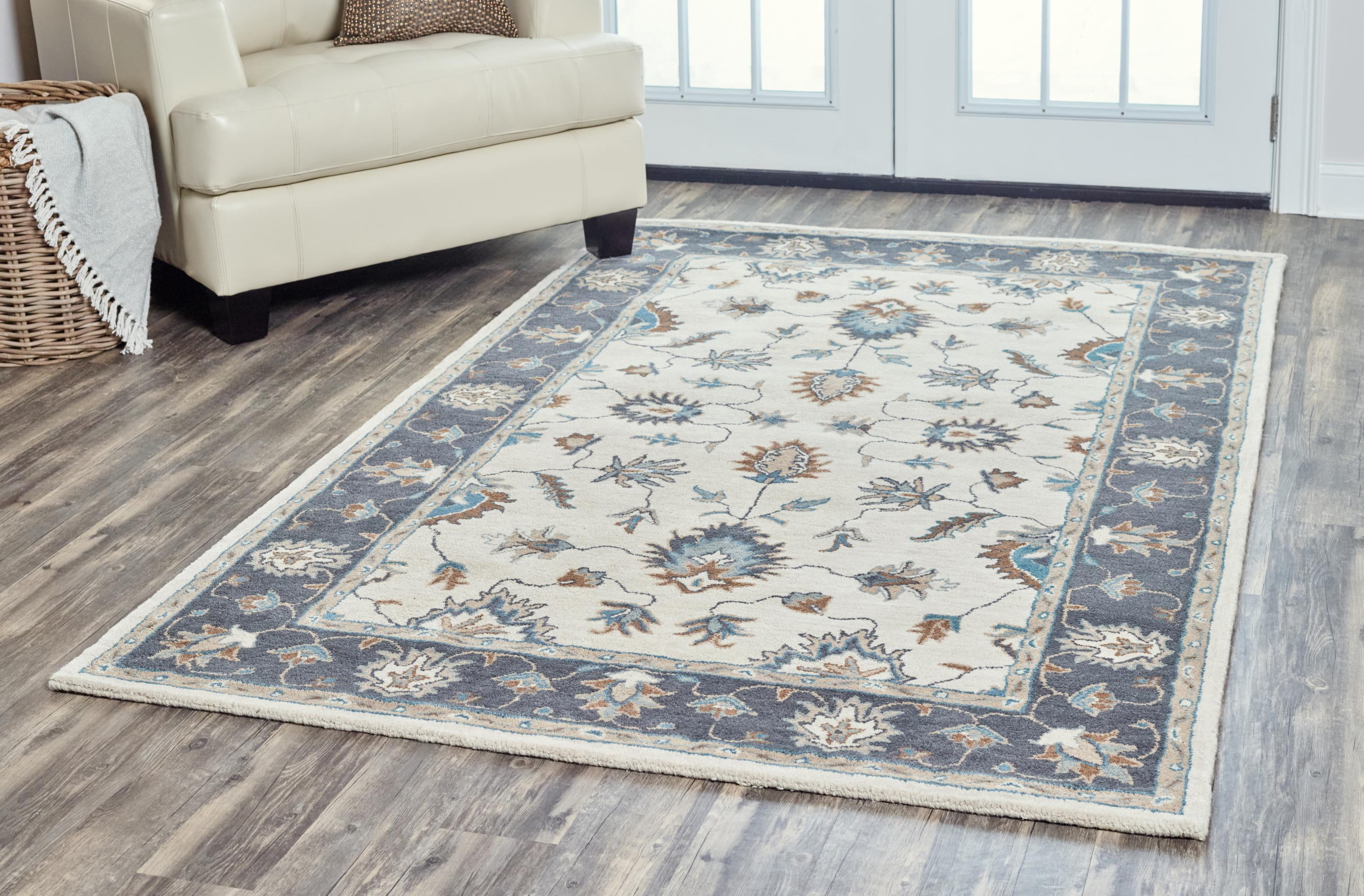Memory foam mattresses have become increasingly popular in recent years due to their ability to conform to the body, providing a comfortable and supportive sleep surface. However, like any product, memory foam mattresses come with both advantages and disadvantages. In this article, we will explore the top 10 pros and cons of memory foam mattresses to help you decide if this type of mattress is right for you.Pros and Cons of Memory Foam Mattresses
Before we delve into the specific pros and cons, let's first understand what memory foam mattresses are. Memory foam is a type of polyurethane foam that is specially designed to contour to the body's shape. This material was initially developed by NASA to cushion astronauts during takeoff, but it has since been adapted for use in mattresses. Here are the top 10 benefits and drawbacks of memory foam mattresses.Benefits and Drawbacks of Memory Foam Mattresses
One of the most significant advantages of memory foam beds is their ability to relieve pressure points. The foam molds to the body, evenly distributing weight and reducing pressure on the hips, shoulders, and other sensitive areas. This can be especially beneficial for individuals with chronic pain or those who struggle with getting comfortable in bed. On the flip side, one of the drawbacks of memory foam beds is that they can retain heat. This is because the material is designed to react to body heat, making it softer and more responsive. While this can be comfortable in the winter, it can be uncomfortable for hot sleepers in the summer.Advantages and Disadvantages of Memory Foam Beds
Another advantage of memory foam beds is their motion isolation properties. The foam absorbs movement, making them an excellent option for couples or anyone who shares a bed with a restless sleeper. This can also be beneficial for individuals who are easily disturbed by their partner's movements throughout the night. However, a potential disadvantage of memory foam beds is that they can be challenging to move around in. The foam contours to the body, making it more difficult to change positions. This may not be an issue for some individuals, but others may find it limiting.Pros and Cons of Memory Foam Beds
In addition to their ability to conform to the body, memory foam beds also have excellent durability. They are typically made with high-density foam, which can withstand regular use for many years. This can make them a cost-effective option in the long run, as you won't have to replace them as frequently as other types of mattresses. However, one of the drawbacks of memory foam beds is their initial off-gassing odor. When a new memory foam mattress is unboxed, it may emit a chemical smell. This is a result of the manufacturing process and is not harmful, but some individuals may find it unpleasant. The odor should dissipate within a few days to a few weeks.Benefits and Drawbacks of Memory Foam Beds
Another advantage of memory foam mattresses is their versatility. They come in various thicknesses, densities, and levels of firmness, making it easier for consumers to find the perfect fit for their sleeping preferences. Additionally, memory foam mattress toppers are available, allowing individuals to add a layer of memory foam onto their existing mattress for a more comfortable sleep surface. However, one of the disadvantages of memory foam mattresses is their weight. The foam is dense and can be challenging to move, making it difficult to rotate or flip the mattress. This may not be an issue for some individuals, but it's worth considering if you plan to move or rearrange furniture frequently.Advantages and Disadvantages of Memory Foam Mattresses
One of the main advantages of memory foam mattress toppers is their affordability. They are typically less expensive than purchasing a new memory foam mattress, making them a budget-friendly option for those looking to upgrade their current mattress. They can also be a great option for individuals who want to try out memory foam without committing to a full mattress. On the other hand, one of the drawbacks of memory foam mattress toppers is that they may not provide enough support for heavier individuals. The foam may compress too much under their weight, leading to discomfort and inadequate support. It's essential to consider your body weight when choosing a memory foam mattress topper.Pros and Cons of Memory Foam Mattress Toppers
Another advantage of memory foam mattress toppers is that they can extend the life of an old mattress. If your current mattress is starting to show signs of wear and tear, adding a memory foam topper can provide a layer of cushioning and support, helping to prolong its lifespan. This can save you money in the long run and prevent the need to replace your mattress too soon. However, one potential drawback of memory foam mattress toppers is that they may sleep hot. As mentioned earlier, memory foam can retain heat, leading to a warmer sleep surface. If you already struggle with sleeping hot, it's worth considering a different type of mattress topper or investing in a cooling mattress pad.Benefits and Drawbacks of Memory Foam Mattress Toppers
Finally, let's take a look at the pros and cons of memory foam pillows. One of the main advantages is their support and alignment capabilities. Memory foam pillows are designed to cradle the head and neck, promoting proper spinal alignment and reducing neck and shoulder pain. This can be especially beneficial for individuals who suffer from neck pain or stiffness. However, one potential disadvantage of memory foam pillows is their smell. Like memory foam mattresses, they may emit a chemical odor when first unboxed. This should dissipate within a few days to a few weeks, but it's worth noting if you are sensitive to smells.Advantages and Disadvantages of Memory Foam Pillows
Another advantage of memory foam pillows is their hypoallergenic properties. The dense foam does not provide a hospitable environment for dust mites and other allergens, making them an excellent option for individuals with allergies or asthma. However, if you are allergic to foam or have a latex allergy, memory foam pillows may not be the best choice for you. In conclusion, memory foam mattresses, mattress toppers, and pillows come with both advantages and disadvantages. It's essential to consider your individual needs and preferences when deciding if memory foam is the right choice for you. With proper research and consideration, you can determine if the benefits of memory foam outweigh the potential drawbacks for a comfortable and restful night's sleep.Pros and Cons of Memory Foam Pillows
The Advantages and Disadvantages of Memory Foam Mattresses

Advantages of Memory Foam Mattresses
 Comfort:
One of the biggest advantages of memory foam mattresses is the comfort they provide. The foam molds to the shape of your body, providing support and cushioning for a more restful sleep. This can be especially beneficial for those who suffer from back or joint pain.
Motion Isolation:
Memory foam mattresses are known for their ability to isolate motion, making them a great choice for couples. This means that if one person moves or gets out of bed, the other person will not feel it, allowing for a more peaceful sleep.
Durability:
Memory foam mattresses are also known for their durability. They can last for many years with proper care, making them a good long-term investment.
Allergy-Friendly:
Unlike traditional mattresses, memory foam mattresses are resistant to dust mites and other allergens. This can be a huge advantage for those who suffer from allergies or asthma.
Comfort:
One of the biggest advantages of memory foam mattresses is the comfort they provide. The foam molds to the shape of your body, providing support and cushioning for a more restful sleep. This can be especially beneficial for those who suffer from back or joint pain.
Motion Isolation:
Memory foam mattresses are known for their ability to isolate motion, making them a great choice for couples. This means that if one person moves or gets out of bed, the other person will not feel it, allowing for a more peaceful sleep.
Durability:
Memory foam mattresses are also known for their durability. They can last for many years with proper care, making them a good long-term investment.
Allergy-Friendly:
Unlike traditional mattresses, memory foam mattresses are resistant to dust mites and other allergens. This can be a huge advantage for those who suffer from allergies or asthma.
Disadvantages of Memory Foam Mattresses
 Heat Retention:
One of the most common complaints about memory foam mattresses is that they tend to retain heat. This can be uncomfortable for those who are sensitive to temperature changes while sleeping. However, many newer memory foam mattresses come with cooling gel layers or other technologies to combat this issue.
Off-Gassing:
Memory foam mattresses are made with certain chemicals that can release a strong odor, known as off-gassing, when first opened. While this smell usually dissipates over time, it can be bothersome to some people.
Weight:
Memory foam mattresses are typically heavier than traditional mattresses, which can make them difficult to move or rotate. This can be a disadvantage for those who like to change the positioning of their mattress frequently.
Cost:
Memory foam mattresses tend to be more expensive than traditional mattresses. While they may be a good long-term investment, the initial cost can be a deterrent for some people.
In conclusion, memory foam mattresses have many advantages such as comfort, motion isolation, durability, and allergy-friendliness. However, they also have some disadvantages including heat retention, off-gassing, weight, and cost. It is important to consider these factors when deciding if a memory foam mattress is the right choice for you.
Heat Retention:
One of the most common complaints about memory foam mattresses is that they tend to retain heat. This can be uncomfortable for those who are sensitive to temperature changes while sleeping. However, many newer memory foam mattresses come with cooling gel layers or other technologies to combat this issue.
Off-Gassing:
Memory foam mattresses are made with certain chemicals that can release a strong odor, known as off-gassing, when first opened. While this smell usually dissipates over time, it can be bothersome to some people.
Weight:
Memory foam mattresses are typically heavier than traditional mattresses, which can make them difficult to move or rotate. This can be a disadvantage for those who like to change the positioning of their mattress frequently.
Cost:
Memory foam mattresses tend to be more expensive than traditional mattresses. While they may be a good long-term investment, the initial cost can be a deterrent for some people.
In conclusion, memory foam mattresses have many advantages such as comfort, motion isolation, durability, and allergy-friendliness. However, they also have some disadvantages including heat retention, off-gassing, weight, and cost. It is important to consider these factors when deciding if a memory foam mattress is the right choice for you.




